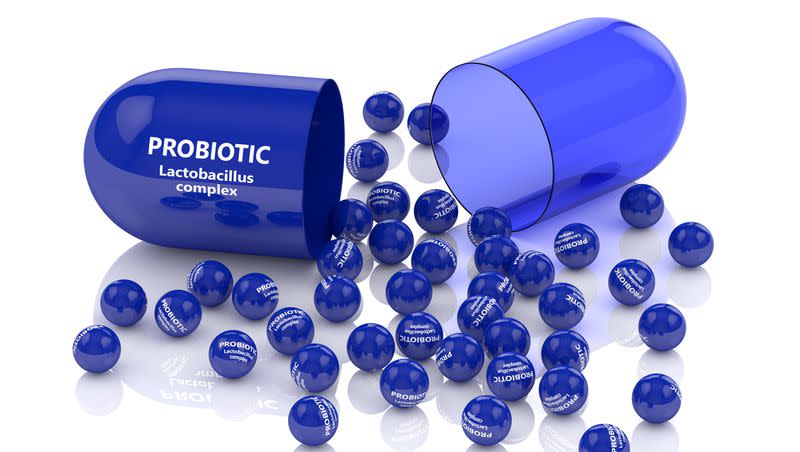Want to boost your gut health? Study questions probiotics value

A new study by the Weizmann Institute of Science finds that taking your morning probiotic gummy or pill may not be the best way to boost your gut health.
Report Linker estimated that in 2022 the global probiotics dietary supplements market totaled $6.4 billion. Already in 2023, that number is estimated to increase to $6.89 billion.
Probiotic supplements are heavily marketed to consumers of all ages to boost gut health and decrease stomach-related ailments such as irritable bowel syndrome. But is it really necessary for the average healthy individual?
Our stomachs are filled with different bacteria known as microbes. The National Institutes of Health said that we have over 100 trillion different microbial cells in our stomachs.
Part of the beauty behind the bacteria in our stomachs is the diverse roles they play to keep our bodies healthy. Researchers from the institute decided to study whether probiotic supplements live up to the promise of benefits made in advertising to consumers, with a focus on healthy adults.
Study details
Three groups participated in the study. All groups were given a weeklong antibiotic to kill bacteria. Following the week, one group was offered probiotic supplements, the second group was given stool transplants that included their own gut microbes and the last group received no intervention, serving as a control.
According to The Washington Post, the study found, “The microbiomes of people in the control group returned to normal about three weeks after taking the antibiotics. The microbiomes of people who received the stool transplants after the antibiotic treatment fared the best, returning to normal within days. But the microbiomes of people who took the probiotics had not returned to normal even after five months.”
Related
Researchers found that those who took the probiotic supplement had less microbe diversity in their guts compared to those in the control group.
Erica Sonnenburg, senior research scientist in microbiology and immunology at Stanford University, told The Washington Post, “Probiotics can be beneficial for some individuals. But it also seems that for some individuals they can make things worse.”
Boosting gut health
People who have a wider range of bacteria in their gut are less prone to sickness and diseases. The study concluded that although there are a few circumstances where taking probiotics can help individuals, there are other beneficial ways to boost your gut health.
Because probiotic supplements are considered dietary supplements, their manufacturing is not reviewed by the U.S. Food and Drug Administration. Because of this, “it’s not clear if probiotics that can be bought at pharmacies and health food stores are high-quality products. It’s even possible that some lower-quality products may not even contain the probiotic bacteria that are listed on the label,” according to Harvard Health Publishing.
A safe alternative to boosting your microbe diversity is to eat fermented foods. In the fermenting process, the sugar in foods are broken down by yeast and bacteria. Healthline recommended eating foods such as yogurt, sauerkraut and kombucha that are rich in healthy bacteria.

